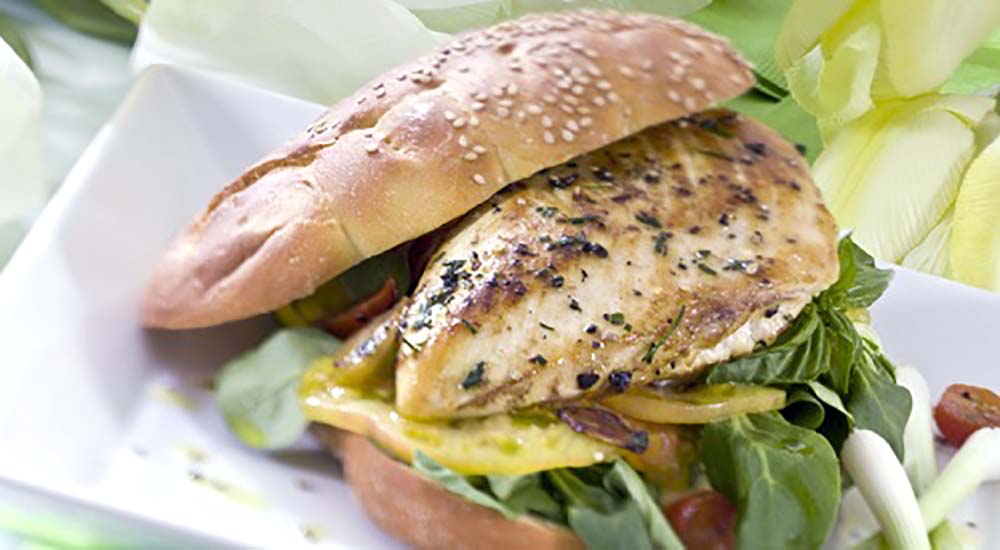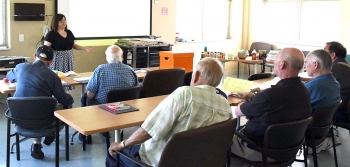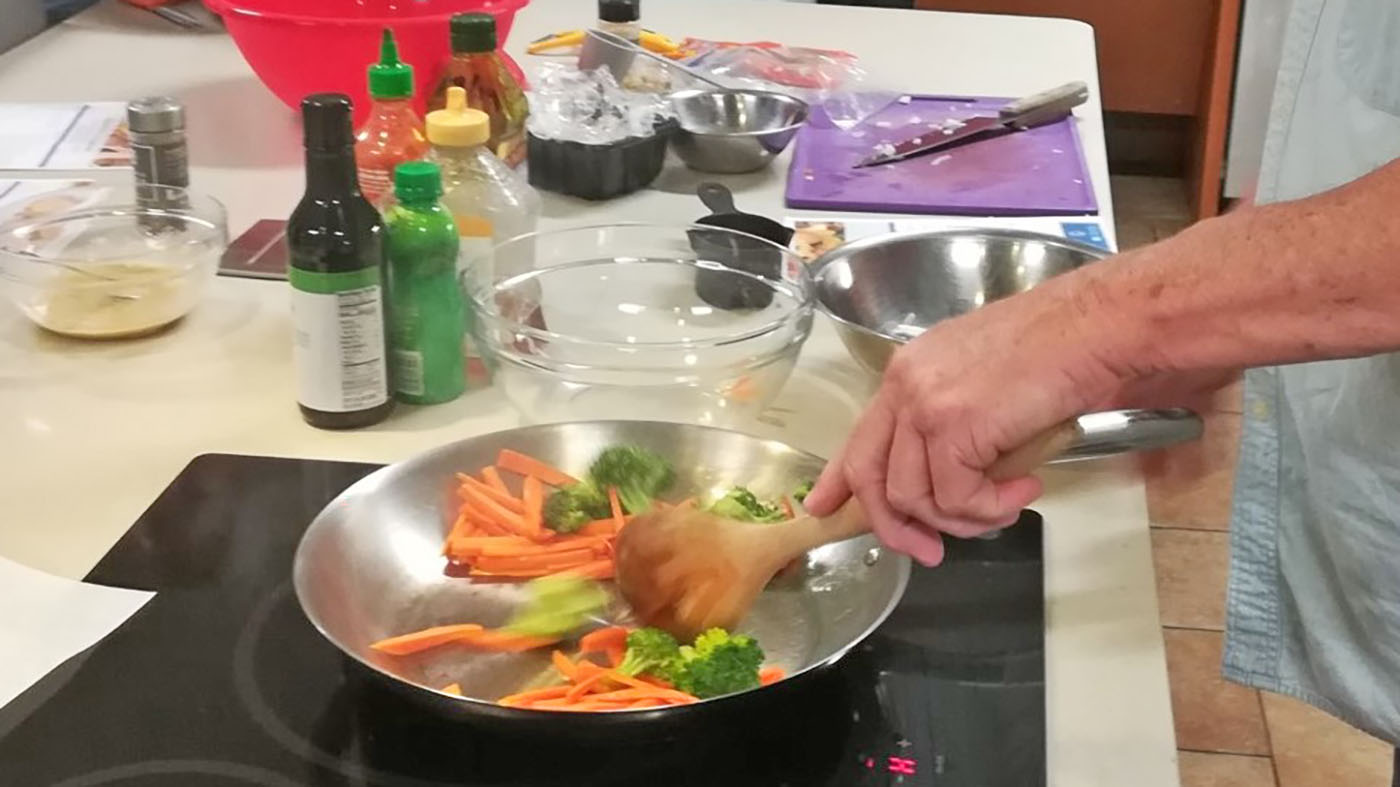It’s estimated that 37 million adults in the United States have chronic kidney disease (CKD). Approximately 90 percent don’t even know they have it, according to the National Kidney Foundation.
March is National Kidney Month and National Nutrition Month – a pairing we, as dietitians, appreciate. As a dietitian, it’s frustrating and disheartening when patients with CKD report they have been eating a diet that is high-protein, high-sodium and carbohydrate-excessive for years because they didn’t know it made any difference to their kidneys.
For Veterans, especially those needing dialysis, learning that lifestyle changes could have delayed or slowed the progression of CKD can be deflating.
In 2017, seeing the need for a preventative CKD program, a team of registered dietitians from the Lexington VA in Kentucky developed the Healthier Kidneys Through Your Kitchen program. The program ensures Veterans know that they have CKD in the early stages and provides Medical Nutrition Therapy (MNT) to slow disease progression.
Helping to make healthy behavior changes
The program inspires Veterans to make healthy behavior changes, cook more at home, and exercise regularly to prevent the need for dialysis or a kidney transplant.
Registered dietitians provide MNT, which includes education, behavior change counseling and motivational interviewing. MNT may slow progression and help manage complications of CKD.
As an example, MNT has been shown to help lower hemoglobin A1c by as much as two points with even just one visit to a Registered Dietitian (American Diabetes Association).
In class, the registered dietitian explains how uncontrolled blood pressure and blood glucose can contribute to CKD stage progression.
Topics discussed in class include:
- Limiting sodium and protein intake.
- Heart-healthy eating patterns.
- Overview of potassium and phosphorus.
- Activity section where participants are given a pedometer and resistance bands.
- Resources about dining out and additional kidney-friendly recipes to take home.
The class also includes a Healthy Teaching Kitchen (HTK) cooking demonstration. The dietitian chooses from kidney-friendly, low-cost, simple recipes and, using a mobile food cart, demonstrates all steps to preparing the recipe.
Veterans have a chance to taste the food and take the recipes home. Observing the recipe demonstration instills a unique confidence and lets Veterans know “I really could do this.”
Over 500 Veterans have participated
This program has spread to 14 VA sites across the country. The class can be done virtually and without the cooking demonstration and still be impactful. More than 500 Veterans have participated.
At your next appointment, ask your primary care provider about your kidney function. In the meantime, check out the VA’s eKidney website.
Make an appointment with a registered dietitian to review your kidney labs and appropriate nutrition interventions to keep them working well. Ask if your VA has a Healthier Kidneys Through Your Kitchen program and enroll today.
Topics in this story
More Stories
VA promotes early nutrition intervention for chronic kidney disease with targeted programs like Heathier Kidneys Through Your Kitchen.
VA Research Advisory Committee on Gulf War Veterans’ Illnesses hosting Veteran Engagement Sessions in Phoenix for 1990-91 Gulf War Veterans.
Navy Veteran and president of the American Medical Association got a colonoscopy and encourages other Veterans to do the same.








If you are interested in speaking with a dietitian to see if this program or one of our other options for nutrition education would be a good fit for your individual needs, our nutrition clinic will be happy to schedule an appointment for you! Please call 859-233-4511, ext 2575 to reach the Lexington KY’s VA outpatient nutrition clinic.
Where are the 14 locations that offer this program?
Vantage point: healthier kidneys through your kitchen program..
Wow! Great article! I use the Lexington Kentucky VAMC. I have CKD. I have yet to be told anything about this program? Thank you for the information.
It would be nice if it was open to all Veterans and not just the hospitals that have them.